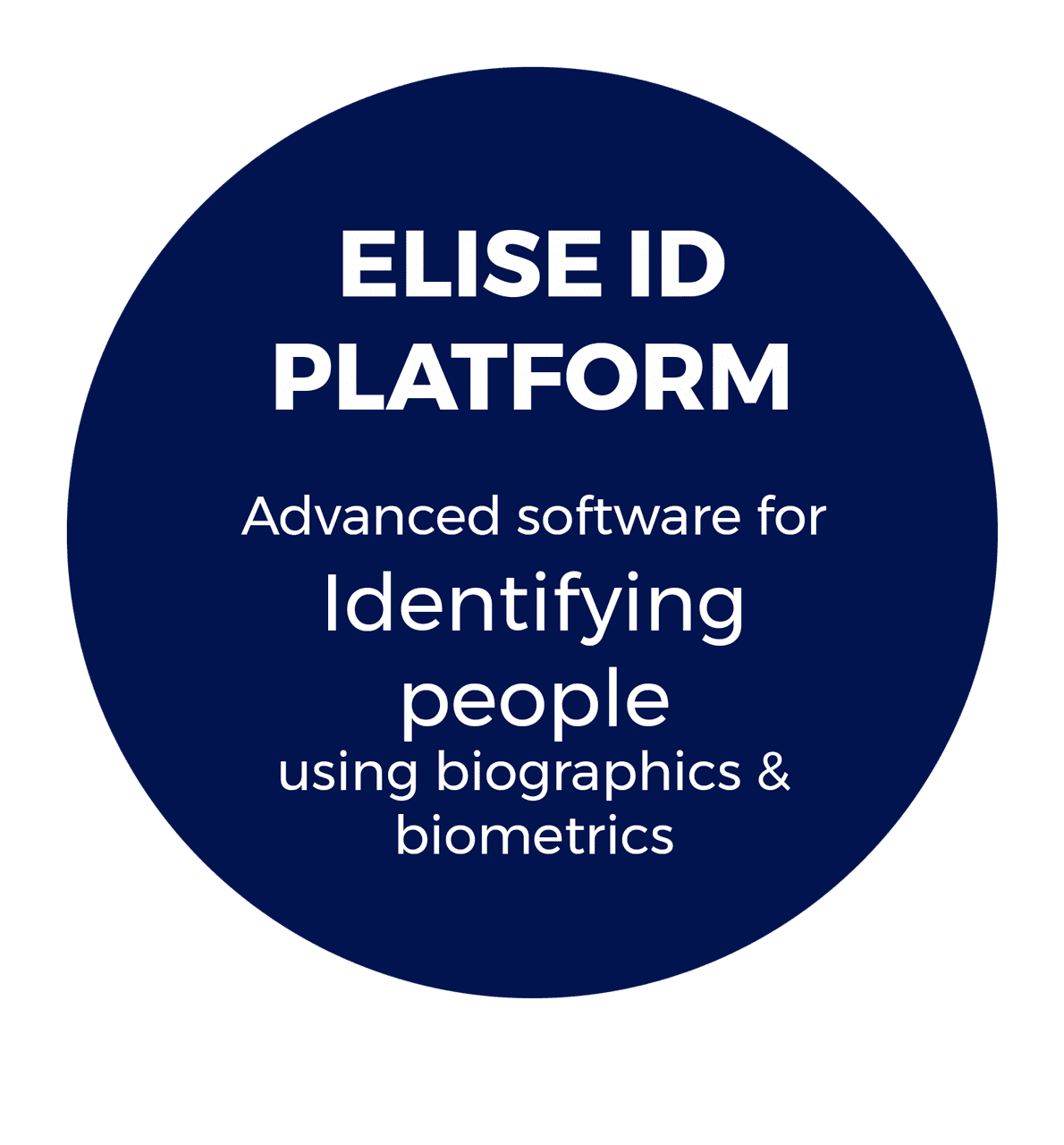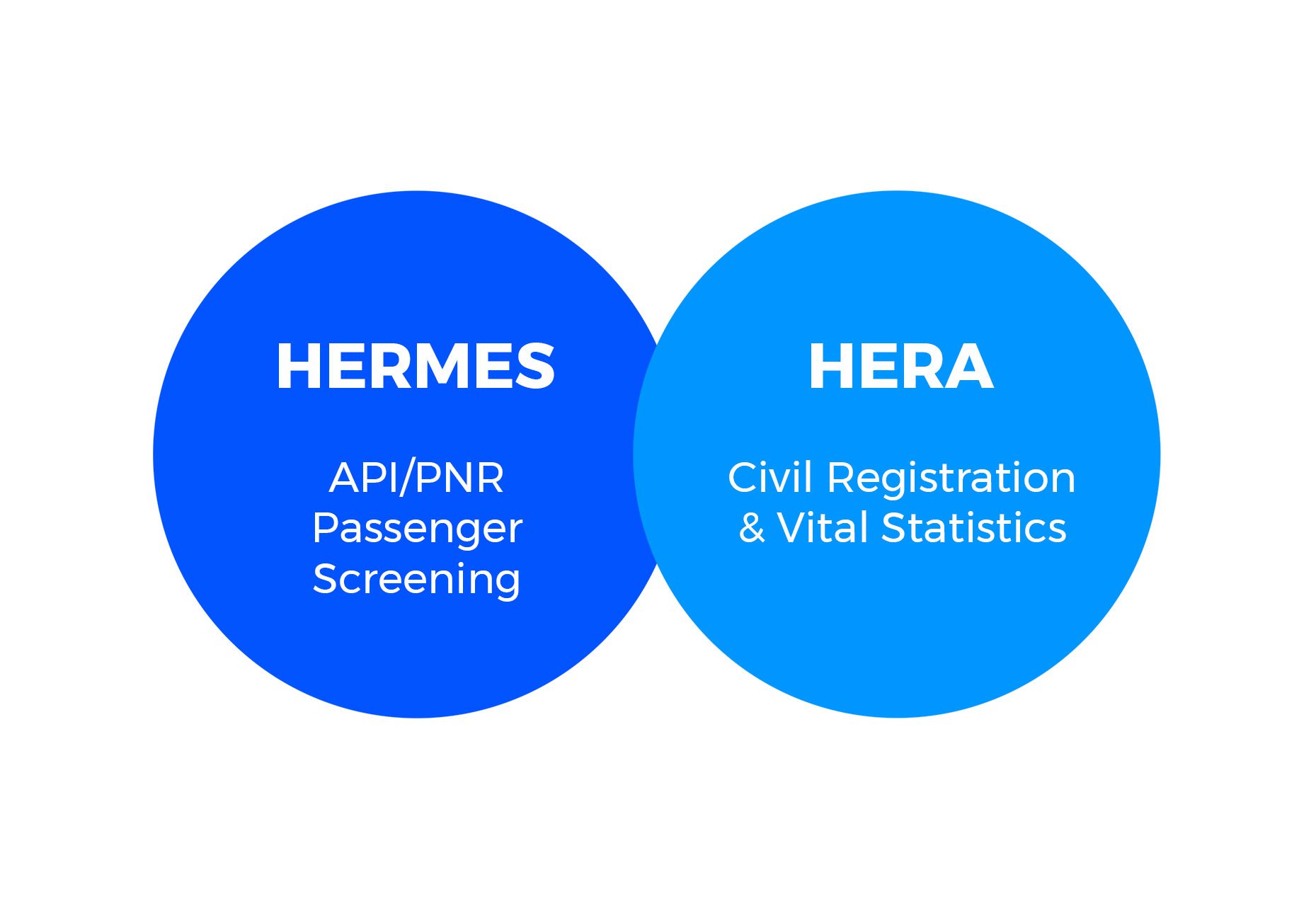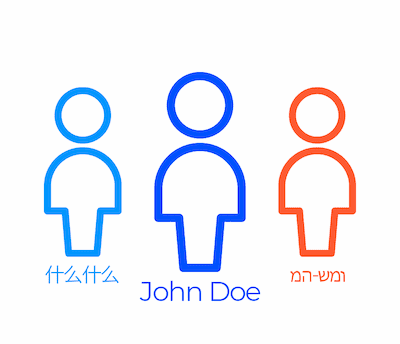ELISE ID Platform
Identity Matching
WCC’s identification platform combines biographic and biometric data to offer fast identification capabilities. The ELISE ID Platform searches intelligently, using built-in fuzzy logic algorithms and weighted criteria in both structured and unstructured data. As well as from disparate databases and diverse sources too.
WCC’s identification platform combines biographic and biometric data to offer fast identification capabilities. The ELISE ID Platform searches intelligently, using built-in fuzzy logic algorithms and weighted criteria in both structured and unstructured data. As well as from disparate databases and diverse sources too.
ELISE ID Platform Search & Match
It’s important to realize that Identity and Security applications require new technologies in order to identify risks accurately. Firstly, because the data used for matching may be incomplete or inaccurate. Secondly, sources may present conflicting versions of the same information. There may be different versions of the same name due to regional differences, linguistics, or typos. Then again, there may be differences in the way data is collected and stored in multiple databases.
In reality, such challenges are present in every security application. Whether for recognizing or registering legal citizens, or of course to identify criminals, criminal activities, terrorists, and illegal immigrants during border controls.
So, building on more than 25 years of experience in the Identity and Security sector, WCC developed the ELISE ID Platform. Our MITRE award-winning and unique Search & Match engine that lies at the center of our Identity and Security solutions: HERMES and HERA.
ELISE ID Platform Search & Match
It’s important to realize that Identity and Security applications require new technologies in order to identify risks accurately. Firstly, because the data used for matching may be incomplete or inaccurate. Secondly, sources may present conflicting versions of the same information. There may be different versions of the same name due to regional differences, linguistics, or typos. Then again, there may be differences in the way data is collected and stored in multiple databases.
So, building on more than 25 years of experience in the Identity and Security sector, WCC developed the ELISE ID Platform. Our MITRE award-winning and unique Search & Match engine that lies at the center of our Identity and Security solutions: HERMES and HERA.
Identity Management Platform

Out-of-the-box solutions for Border Management and Civil Registration

Challenges to making a good match
Matching data in the real world can often present significant challenges. For one thing, watch lists frequently contain poor quality or incomplete data. Partly because mistakes may be made when entering data. But also because of information gaps where information is unknown to the officer entering the data.
As can be seen, typographical mistakes are possible in all types of attributes: names, dates, city names, or country names. But as a result, good quality matching can be difficult. And significant matches will therefore be lost. Besides typographical errors, other differences can also influence the matching process. For example, name variations (Alexander, Iskander, Oleksandr à Sasha) play a role. As well as multilingual city and country names. In other words, it is essential to use smart software that allows for such variations.

Name
challenges
Typing errors
John > Jhon
Transcription variants
Mohammad > Muhamet
Name variations
William > Bill
Name changes
After marriage, adoption

Date of birth challenges
Typing errors
11-08-1975 vs 11-08-197
DD-MM vs MM-DD
11-08-1975 vs 08-11-1975

City name challenges
Typing errors
Multilingual names
The Hague, Den Haag, 's Gravenhage, La Have

Country name challenges
Typing errors
Multilingual names
The Netherlands, les Pays Bas, Holland, Nederland
Geographic changes
former USSR, Russia, Ukraine, Belarus
ELISE ID Platform – similarity matching
In spite of the above, traditional databases and search platforms don’t offer intelligent search and match capabilities. Instead, they use queries based on precise input. And so return exact output. In other words, straightforward Boolean logic, representing an exact match. But what about a situation when the data entered is inaccurate? Similarly when there are errors in the data stored? Or what if incorrect assumptions are made about how the data is represented. Or even the language and character set used? In these examples, critical search criteria will return only a few results. Or on the other hand, perhaps none at all. While at the same time, less specific criteria will return many irrelevant results.
By contrast, the ELISE ID Platform uses fuzzy logic to provide meaningful match results. Employing multiple, detailed criteria does not, in fact, limit the results. On the contrary, this approach delivers results of higher quality. Because of our support for fuzzy matching, and the use of similarity ranges, ELISE ID Platform will significantly enhance the search quality. And equally important, it will improve the performance too. As an illustration, take a look at the following examples:

Height

Name matching

Similarities

Distance

Date of Birth
In each example, a range can express the degree of similarity between the search criteria and the data. The age of an offender or a victim is often an estimate. So matches are made within a range and scored appropriately. A similar approach is possible for hair color, distance, heights, or names. With this in mind, it’s easy to see how the ELISE ID Platform offers a unique advantage over traditional technology.
ELISE ID Platform – just how does it work?
In the first place, ELISE ID Platform stores all identity-related data within a single object. Then ELISE evaluates each separate search criterion against the property in each data object. As a result, it calculates a match score. ELISE then intelligently combines each score, to calculate the total match score for that identity. And so we can indicate how well it meets the given search criteria. After completing an exhaustive search on all records, ELISE presents the best matches in ranked order. Finally, we can apply a cut-off value. Therefore, we can restrict the number of matches, using either a maximum number of hits (top n) or a minimum specified match score (threshold). What is more, ELISE can also match complex data types, like biometric matching, face recognition, or fingerprint matching. To this end, external algorithms can seamlessly be integrated as ELISE ID Platform plugins.
Key ELISE ID Platform matching features
Different weighting of each criterion
Not all criteria are equally important. So ELISE ID Platform lets users define default weights. Or instead they can influence weights at query time.
Built-in functionality for unstructured text matching
Dynamically controls the importance of each keyword, such as name parts. Also shows users exactly how their query was interpreted.
Fuzzy matching on words, concepts and numeric quantities
Flexible numeric boundaries make it possible to find dates or other quantitative values that are just outside the ideal range. Affinity sets also mean similar or related concepts, words or names are found.
Core identity services like enrollment, identification, and deduplication
Supports various types of biometrics, such as Fingerprint, Iris, Face Recognition, and Voice.
Analytics to understand match scores and result ranking
Transparent calculations behind the match scores in order to add insight into result ranking.
Deterministic and repeatable match scoring
Match score calculations are based on known algorithms, so results can be repeated and refined.
Deterministic match behavior, following the rules laid out in the fully configurable ELISE Dictionary
The Dictionary can quickly be reloaded on-the-fly, so there is no downtime. Furthermore, most of its rules can be overridden as required at query time.
Key ELISE ID matching features:
- Different weighting of each criterion
Not all criteria are equally important. So ELISE ID Platform lets users define default weights. Or instead they can influence weights at query time. - Built-in functionality for unstructured text matching
Dynamically controls the importance of each keyword, such as name parts. Also shows users exactly how their query was interpreted. - Fuzzy matching on words, concepts and numeric quantities
Flexible numeric boundaries make it possible to find dates or other quantitative values that are just outside the ideal range. Affinity sets also mean similar or related concepts, words or names are found. - Core identity services like enrollment, identification, and deduplication
Supporting various types of biometrics, such as Fingerprint, Iris, Face Recognition, and Voice. - Analytics to understand match scores and result rankingTransparent calculations behind the match scores in order to add insight into result ranking.
.
ELISE ID Platform applications, services, and insights
For more information about the ELISE ID Platform, or to learn more about our out-of-the-box Identity and Security solutions, contact WCC.

Success Stories
eu-LISA
(Europe)
European Union
• The EU needed a central database for all visa applications in order to combat ‘visa shopping’.
• The EU VIS system uses WCC ELISE ID Platform with biographic matching and multi-cultural name matching capabilities.
• EU VIS is the most stable and highest-performing of all EU systems.
For more details, including the use of UMF to achieve EU interoperability, please visit this blog.
Instituto Nacional de Migración
(Mexico)
Instituto Nacional de Migración
• The large flow of immigrants crossing the Guatemalan border with Mexico called for border control and an Identity Management System.
• The Identity Management System uses ELISE ID Platform with integrated biographic data and biometrics.
• The system gives insights into migratory routes, records multiple encounters of the same person, and can also assist food allocation using biometric data.
UNHCR
(United Nations)
UNHCR
• The UN lacked insight into the movement of refugees between camps. Identity and rations fraud were major challenges.
• UNHCR’s Identity Management System uses WCC ELISE ID Platform with integrated biographical data and biometrics.
• UNHCR can now monitor refugee migration, and refugee families are reunited more quickly. ID and food ration card fraud has decreased significantly.



